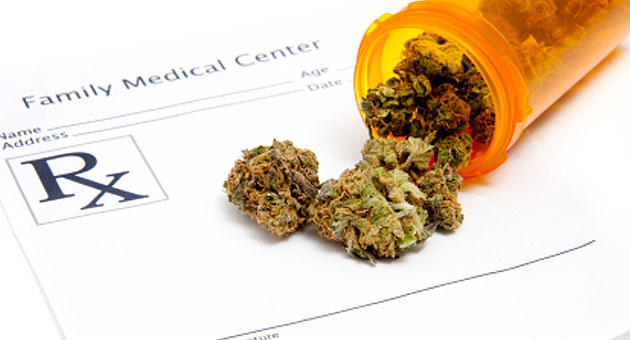As legalized Marijuana gains momentum in Minnesota, a diverse coalition is organizing to fight back. Democrat Governor Tim Walz has said that he plans to sign legislation legalizing recreational Marijuana if passed. The legislation now has one Republican author.
Nationally the influential conservative newsletter Imprimis which is sponsored by Hillsdale College published a lecture by Alex Berenson asserting Marijuana use can cause mental illness and violence.
Locally a group called Smart Approaches to Marijuana Minnesota is organizing Minnesota health professionals to lobby against recreational marijuana.
The coalition includes
- SAMMn Chair: Judson (Kim) Bemis, Founder and Executive Director of Gobi Support, Inc.
- SAMMn Research Advisor: Ken Winters, Ph.D., Senior Scientist, Oregon Research Institute (MN branch) & Adjunct Faculty, Dept. of Psychology, U of MN
- Nicole Braun, MA, CPPR, Comunidades Latina Unidos En Servicio (TTSCLUES)
- Tom Ferring, MA, Rehabilitation Counseling & Partnership for Change
- Miranda Gohn, Public Policy Activist/Minnesota Resident
- Tara Helm, MPH, Partnership for Change Coordinator
- Teresa Lunt, BSBA, Partnership for Change
- Shane Mikkelson, MPA, Osseo Police Department Chief
- Kim Oelhafen, MD, MPH, Tonka CARES Director
- Amber Smith, MPH, CPP, Partnership for Change
- Annie Tepfer, Renville Alliance for the Prevention of Alcohol and Drugs (RAPAD) Coordinator
- Kate Winters, M.Ed., Information Specialist, Addiction Technology Transfer Center, University of Iowa
- Minnesota Prevention Alliance
The coalition produced the following factsheet
Do you know?
Allowing legalization increases the black market.
In fact, black market activity has increased, not
decreased (9), in states that have tracked it, where
recreational use is legal. Most support across the country is to prevent marijuana from being legalized for commercial and recreational purposes.
In fact, recreational legalization does not have widespread support. When polls ask separate questions about medical vs. recreational legalization, there is a minority of support for legalizing recreational use (1). Many states have defeated or disapproved bills to legalize and commercialize recreational marijuana, including Illinois, Connecticut, New Hampshire, Delaware, Oklahoma, and Rhode Island.
States that have legalized recreational marijuana have increased opioid abuse.
In fact, some studies show that legalized recreational marijuana has decreased opioid mortality rates and prescribing rates (4,5). However, subsequent studies that controlled for flaws in these studies, have debunked these findings. The reports show the opposite trend, that recreational marijuana legalization actually increased opioid abuse (6,7).
Driving while high on marijuana is very unsafe.
In fact, marijuana use impairs many functions needed for safe driving. States where recreational use is legal, such as Colorado and Washington, have seen twice as many drugged driving offenses (9).
Commercializing marijuana increases public health costs beyond any economic benefits.
In fact, the negative social and health costs of marijuana use far outweigh any anticipated tax revenues from commercialization (12).
Marijuana is addictive.
In fact, like all drugs, marijuana can lead to addiction.
Research suggests that between nine and 30% of those who use marijuana may develop some degree of marijuana use disorder (2). Marijuana available today is more addictive and about four times stronger than “Woodstock weed” of the 1960’s (3). Restricting recreational marijuana use to those ages 21 or older does not keep underage youth safe.
In fact, one in four 12th-graders reported they would try marijuana, or that their use would increase, if the drug were legalized. More youth than ever believe that marijuana is not harmful. Whereas drug use other than marijuana is on the decline among youth in the US, marijuana use has stayed level (8). People are not in prison for small-time marijuana use. In fact, about half of federal and about 15 percent of state prisoners are admitted for a drug-related offense, and most of these incarcerations are for trafficking in drugs harder than marijuana (10).
Marijuana harms a person’s mental health.
In fact, marijuana can directly worsen symptoms of anxiety, depression, and schizophrenia. Marijuana use increases a person’s risk for developing a serious mental illness (11).
















